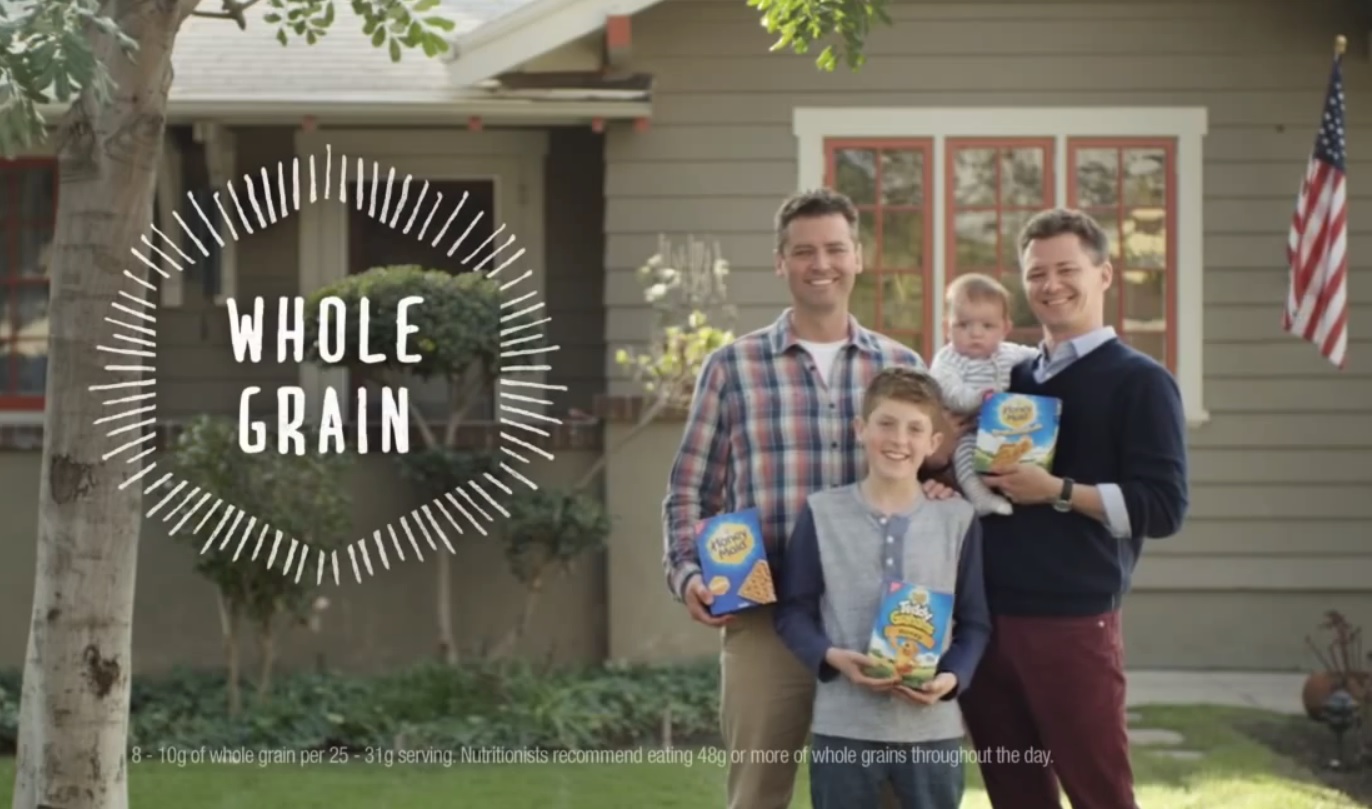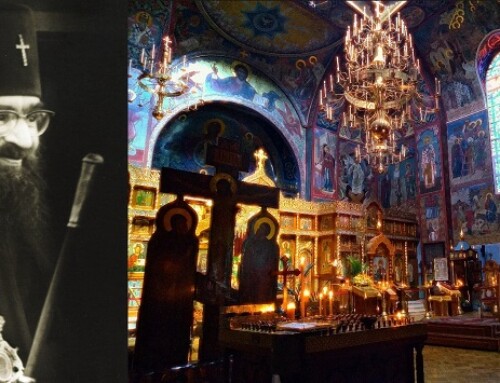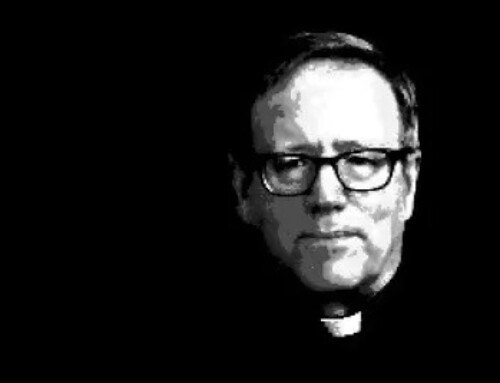“Gay-rights activism in the 1970s focused more on personal liberation and visibility than on gaining access to institutions such as marriage. While some gay activists fought for the right to marry in the early 1970s, others rejected marriage as ‘heterosexist’ and saw it as an outdated institution.”
“Many of the gay men and lesbians intent on ‘liberation’ in the early 1970s rejected the very idea of marriage as ‘heterosexist.’ Marriage, according to this way of thinking, was an outdated institution…”
“…the gay left wanted to smash the bourgeois prisons of monogamy, capitalistic enterprise and patriotic values and bask in the warm sun of bohemian ‘free love.’ And avant-garde values. In this, they were simply picking up the torch from the straight left of the 1960s and 1970s, who had sought to throw off the sexual hang-ups of their parents’ generation along with their gray flannel suits.”
“In the 1970s, gay men initiated an astonishing experiment in radically restructuring existing relationships, concepts of beauty, and the use of sex as a revolutionary tool.”
“These anti-indulgent faggots try to settle down, get a job, a permanent loving mate, go to church…wear the latest from either Sears and Bloomingdale’s. They put down such indulgences as public sex, promiscuity, prostitution…(Although they often do these things privately, secretly.) Their ideal is to become indistinguishable from straight men.”
When I entered the “gay” lifestyle, I only rarely heard creaky talk about “gay” marriage – usually emanating from over-the-hill queens who, because of their age, entered a cruel and merciless sort of “gay” death, and, having been summarily rejected by the gay sex mainstream, had coupled up with other rejects as a desperate consolation. Then, most of the popular agitation revolved about the need for AIDS research funding, then a few years later, about the non-issue of gays in the military. By the time I checked out of the whole mess in 1999, that was the first time I seriously began to see a number of men discuss the possibility of “gay” marriage; yet, during that same period, because of advances in pharmaceutical science – fewer and fewer men were dying of AIDS; without the possibility of a quick and grisly death, some of the formerly cautious threw off the facade of “safe sex,” and partied like it was 1979 all over again. Since high-school, that had actually been my dream: to forget about AIDS in a retro-70s disco haze, but I was burnt-out and tired. I was also a victim of circumstance and timing, for, by the time I participated in my first “bareback” sex porn party, I was 29 and looked older – to many, I was already dead; unlike a decade earlier, I no longer attracted those that glittered; so I left. Then, I wasn’t willing to give “gay” monogamy another try because I had already been down that road a couple of times; and, at every turn of monotony, it seemed that everything again lead back to the bars, clubs, and nameless encounters.
Since then, like in the late 1970s, gay men have continued to seek out solace through sex; this is evidenced in the continued rise of HIV in the gay male community [From 2008 to 2010, new HIV infections increased 22% among young (aged 13-24) gay and bisexual men and 12% among gay and bisexual men overall.] and the disturbing return of syphilis and the emergence of antibiotic resistant gonorrhea and shigella. Only, all this over-saturation in body fluids has not brought about the happiness it promised – instead, “gay” men are scared that it isn’t working. However, they can’t suddenly switch gears and give the whole “experiment” up, because “gay” is not only the linchpin of the identity, and the price of admission into an accepting community, but the means by which we suddenly find an inner peace – the anxiety and turmoil of an often alienated adolescence is finally rendered meaningful when joined sexually with another man. However, that flight from the suppressed pain of reality is temporary, and merely sets up our next wave of unrelenting desire. Afterwards, that cycle of rising and falling testosterone, when dropped into an entirely male population of other salvation through sex seekers, breeds AIDS and a new epidemic of Godzilla sized bacteria and viruses. Therefore, in a sign of retreat, some of these men are semi-unconsciously trying to combine “gay” with a weird form of the most squeaky-clean reimagining of marriage – hence, the sickeningly sweet advertisements for “Honey Maid” graham cracker cookies – complete with cute kids, manicured lawn, and the American flag. Only, what the picture doesn’t show is that the two “daddies,” when they go grocery shopping: pick up a box of “Honey Maid” along with a 4-pack of “Fleet” enemas.
In his book “Beyond Shame: Reclaiming the Abandoned History of Radical Gay Sexuality,” author Patrick Moore described the emergence of modern gay culture in the 1970s as “an astonishing experiment.” With the sudden appearance of the AIDS virus, and the countless deaths which followed, the “experiment” failed. Yet, those who bought into the lie, as I once did, had really nowhere else to go in a society that continues to celebrate “gay” and tells the young and confused that they were simply “born this way.” Therefore, attempting to make the best of it – many have semi-dropped out and sought safety with those who have been similarly disillusioned – hence, the rabid and shockingly swift materialization of so-called “marriage equality.” According to a study found in “The Knot” (LGBT digital magazine), “gay” men and women are about 41 and 39 when they marry, respectively, while the average age of marriage overall in the U.S. is 31 for men and 29 for women. Consequently, same-sex marriage is attractive to a certain sub-sect of the “gay” population – namely, men and women who have gone through the scene, made the rounds at the same tired “gay” bars, had their share of one-night stands, gone to the bathhouses, and trolled Grindr; after relishing all that “gay” liberation has to offer, they are still wanting, therefore, they seek out a deconstructed type of Ozzie and Harriet dream-world. I used to know, and sleep with, these people, now – I meet them when I outreach at the San Francisco Gay Pride Parade: they trek into downtown or the Castro from Bernal Heights, Noe Valley, or from the suburbs; they smile a lot and flash their wedding rings – usually holding signs touting that they have been together for 20 years or 30 years; I look at them – and think: I did a three-way with those two guys back in 1994. Today, they are prone to slut-shame every “gay” man who still goes to the sex clubs or cruises Craigslist; their idols are no longer Jack Wrangler, Al Parker, or even Joey Stefano, now – they buy Nate Berkus brands at Target, listen to Sam Smith, and TiVo “Ellen.” At home, they have huge quantities of anti-retrovirals, adult diapers, and laxatives.
During my last outreach at the Castro Street Fair, one of the more “tamer” LGBT festivals held every year in San Francisco, while I was still a few blocks from all the activity, a “gay” male couple approached me: they were older, perhaps in their mid-50s, well-groomed and casually, yet impeccably dressed; I was a little taken aback when right away one of them offered me a newly lit joint and a blow-job behind a row of porta potties; I said: “Thanks, but no thanks.” I was about to turn away, and finish walking to the Fair, when I thought – every meeting and conversation is an opportunity to share the Love of Our Lord. So, I introduced myself, sort of an awkward thing to do in this situation now that I am out of the “gay” hunt mode, because, after all, a few seconds before they asked me for anonymous sex. But, strangely enough, the three of us started talking as we walked along: they learned a little about me and I found out that they had been together for 14 years; and, they were quick to explain that they only “play” as a couple. I asked them if they worried about disease, they said” “No.” Because certain things they only did with each other; when I questioned them, they tried to explain it and it all got very complicated. I thought to myself, “Yeah, right.” At that moment, I couldn’t help but flashback to my own experiences, 20 years before, in a so-called committed but open relationship. While we chatted, I noticed two men with a stroller pushing their way through a line of visibly horny men waiting to have their pictures taken with one of the Mr. Leather calendar guys. Then, when I finally said goodbye and walked away, I thought: nothing has changed.
“Almost half of the participants (48.7%) were monogamous, slightly fewer (42.1%) reported non-monogamous sexual agreements with some conditions or restrictions, and a relatively small number (9.2%) reported sexual agreements with absolutely no restrictions on sex with outside partners. A third of the participants (32.4%) reported breaking their agreement in the preceding 12 months and 14.8% reported having UAI in the preceding 3 months with an outside partner of discordant or unknown serostatus.”
“Development and Validation of the Sexual Agreement Investment Scale”
Torsten B. Neilands, PhD, et al.
J Sex Res. 2010 Jan; 47(1): 24–37.






Thank you for your insights. God bless you and Mary keep you.
Keep the great work Joseph! You are a true inspiration. I pray that Lord of Heaven will save more gay lives. God Bless! Love ya brother.